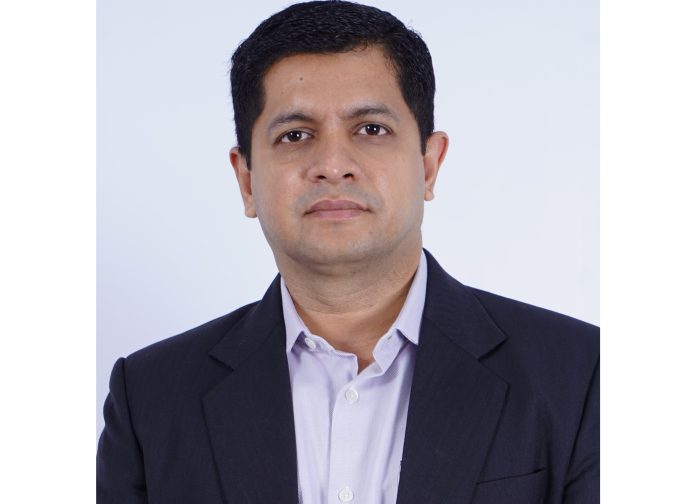The power of compounding works not just in personal finance, but in all spheres of life, including learning and development. Every small step taken to progress counts, and the cumulative impact it can bring is huge.
Impact of the learning hour
It’s a lazy Sunday evening and you think of the tasks for the week ahead. There are key meetings scheduled, couple of crisis situations to be solved and some unfinished agenda from the last week. Come Monday morning, it is almost routine to have unexpected issues headed your way, making even the best laid out plans go awry. Your calendar is filled in no time with urgent and priority tasks. Often the important tasks which matter (learning and development, for example) takes the toll and thus, postponed, or worse, ignored.
A plan for learning? How is that even possible?
While we all agree on the need for continuous learning and improvement, most of us, including yours truly, procrastinate. There is always ‘more important’ stuff to do. Now, it is up to us to see if these are indeed important. Are they routine, yet urgent matters disguising themselves as ‘important’?
With AI breathing down our neck to replace us in our workplace, there is no better time to learn and upskill. In fact, learning has become an urgent task and no more just ‘important’.
In an industry like ours which is knowledge driven, it is the speed of reaching out to customers and the conviction we bring to our investment ideas which matter. Conviction comes from knowing a topic in depth. That is how we thought of an idea called the Micro-Learning hour.
Micro-Learning Hour
We planned to devote one hour a month for group learning. A small step, and a small sacrifice to make it big in the long run. As an investment partner and adviser, we have advocated the importance of systematic investment plans; how it brings discipline and helps create long term wealth, with the power of compounding.
Power of compounding works not just in personal finance, but in all spheres of life. Every small step taken to progress counts, and the cumulative impact it can bring is huge. We sold the idea as SKP ‘Systematic Knowledge Plan’, like SIP, which runs once a month.
We came up with the idea of an online, open book quiz, one which all employees can participate. The idea was to push participation and not be judgmental about the results or scores. Participants can look up internal or external reference guide to find correct answers. The quiz covered topics like economy, mutual funds, equities, company processes and rules and even general knowledge. The window to answer questions was defined to create optimum pressure and intensity for the learning. The candidate can login anytime within the 30 minutes allotted, but once logged in he/she gets a countdown timer to check the progress and complete within the defined time (minutes).
Once completed, the quiz can be submitted, and the scores known. Correct answers are shown along with the scores. Now, the learning part comes in. Department head/work team lead or the branch head needs to lead a discussion on the questions asked, so that there is knowledge is discussed and shared. It is proven beyond doubt that peer learning helps in sharing knowledge and spreading awareness.
Challenges
People don’t like to be tested, that too in a companywide quiz. There were initial doubts or fear rather, with the objectivity of this exercise. But soon, it was known to all that the purpose is to make it a participative event, instead of focus on individual scores. Support from the leadership team, department heads and the branches ensured that people take part in the quiz.
Now, we have clocked 15 successful months of the Microlearning hour and the participation has stayed steady and inclusive. The participation has also reinforced the belief in our strength, our people. Our experience is that, by nudging people to progress and learn, an organization can indeed benefit.
Any step we take today has a subsequent long-term impact. We hope to reap the benefits of the seeds we sow, sooner or later.
First published in The Economic Times










